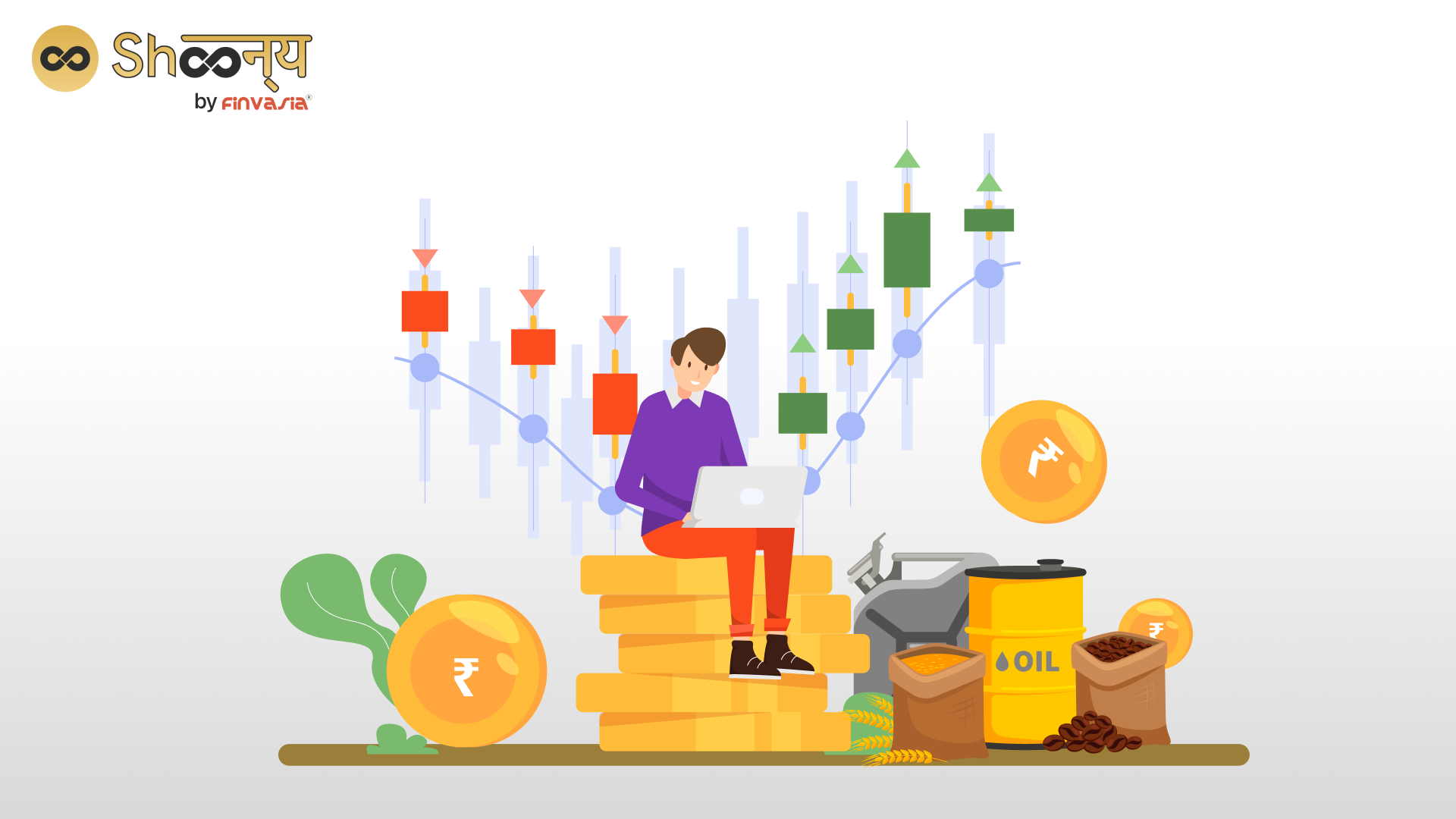Commodity exchanges in India have become integral to the nation’s economic landscape. While the Bombay Stock Exchange (BSE) and the National Stock Exchange (NSE) dominate the Indian stock market, commodity exchanges offer unique opportunities for trading in various commodities. In this comprehensive guide, we will delve into the world of commodity exchanges in India, covering everything from their types to trading opportunities and investment strategies tailored to the Indian economy.
Understanding Commodity Exchanges in India
A commodity exchange, also known as a commodities exchange, is a legal entity responsible for regulating and overseeing the trading of standardized commodity contracts and related investment products in India. While some commodity exchanges still operate as physical locations, most have transitioned into electronic online platforms.
Commodity markets in India are vast and dynamic, with significant daily trading volumes. Rather than physically delivering commodities, traders often engage in futures contracts. In these contracts, parties agree to buy or sell a specific quantity of a commodity at a predetermined price, which remains fixed regardless of market fluctuations until the contract’s expiration date. In the Indian context, commodities like gold, crude oil, and agricultural products are commonly traded in futures markets.
Commodity Exchanges vs. Stock Exchanges
To grasp the concept of commodity exchanges in the Indian context, it’s helpful to compare them with stock exchanges. Just as stock exchanges facilitate the buying and selling of stocks, commodity exchanges provide platforms for trading commodities. However, commodities in this context refer to raw materials and goods rather than finished products.
The Evolution of Commodity Exchanges
Commodity trading in India has evolved over time, influenced by global trends and the Indian economy’s growth. While the history of commodity trading dates back to the 19th century in the United States, India’s journey faced challenges until 2018 when official commodity exchanges were established. Notable commodity exchanges in India include the Multi Commodity Exchange of India Ltd. (MCX), the National Commodity and Derivative Exchange (NCDEX), and those affiliated with the National Stock Exchange and the Bombay Stock Exchange.
Types of Commodities Traded in India
Commodities traded in India cover a wide range of sectors, all of which have significant relevance to the Indian economy. Let’s explore some of the most prominent ones:
- Gold: Gold holds a special place in the Indian market. It’s not just a commodity; it’s a cultural symbol and often acts as a hedge against inflation. Its enduring value and cultural significance make it a unique and treasured commodity.
- Crude Oil: In India, crude oil is a highly sought-after commodity on the global stage. It’s the source of various essential products like diesel and petroleum, which are crucial for powering India’s ever-growing vehicle production industry. As such, crude oil plays a vital role in the Indian economy, impacting both energy production and transportation.
- Agricultural Commodities: India’s agricultural sector is the backbone of its economy. Consequently, agricultural commodities like soybean, cotton, and wheat are of essential importance in the commodity market. These commodities are subject to various influences, including weather conditions, changes in demand, and currency fluctuations. They reflect India’s rich agricultural heritage and remain key players in the country’s commodity market.
Commodity Investment in the Indian Economy
Commodity investment in India is steadily gaining popularity, offering diversification options in the Indian investment landscape. Commodity prices in India are influenced by external factors such as monsoon patterns, supply and demand dynamics, geopolitical events, and overall economic conditions.
When considering commodity investments in the Indian economy, conducting diligent research is essential. Understanding the factors affecting commodity prices and staying informed about market developments can help you make informed investment decisions. Whether you are an experienced trader or a beginner, navigating the world of commodity exchanges in India can provide unique investment opportunities in the context of the Indian economy.
FAQs| Commodity Exchanges in India
To begin trading in commodities in India, you can open a Demat and trading account with a registered stockbroker. It’s essential to gain a basic understanding of how commodity markets work before you start trading.
Some popular commodities for investment in India include gold, crude oil, soybean, and various agricultural products. These commodities offer diverse investment opportunities within the Indian commodity market.
Yes, commodity prices in India are often influenced by global events, including geopolitical tensions, weather conditions, and economic developments. Staying informed about these factors is crucial when trading commodities in the Indian context.
Commodity futures contracts in India involve an agreement to buy or sell a specific quantity of a commodity at a predetermined price on a specified date in the future. These contracts help traders in the Indian commodity market hedge against price fluctuations.
______________________________________________________________________________________
Disclaimer: Investments in the securities market are subject to market risks; read all the related documents carefully before investing.

